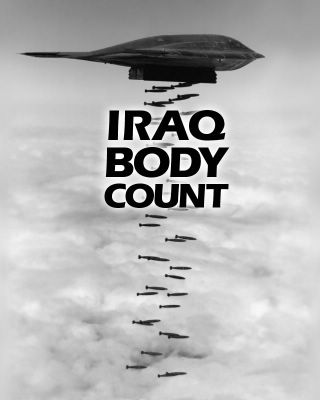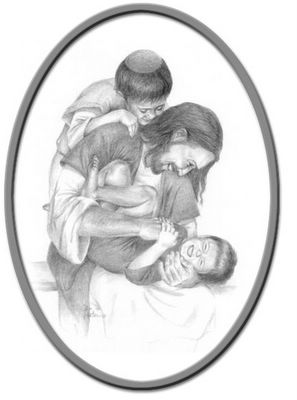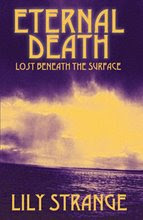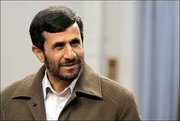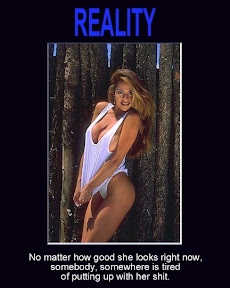Joseph Ratzinger
On the link between sacred music and the Word revealed in Christ, and the current popularity of rock music as something that alienates the young from true worship:
Rock... is the expression of elemental passions, and at rock festivals it assumes a cultic character, a form of worship, in fact, in opposition to Christian worship. People are, so to speak, released from themselves by the experience of being part of a crowd and by the emotional shock of rhythm, noise, and special lighting effects.
However, in the ecstasy of having all their defences torn down, the participants sink, as it were, beneath the elemental force of the universe".
Liturgical rites and the influence of different cultures:
The Christian faith can never be separated from the soil of sacred events, from the choice made by God, who wanted to speak to us, to become man, to die and rise again, in a particular place and at a particular time... The Church does not pray in some kind of mythical omnitemporality. She cannot forsake her roots.
She recognises the true utterance of God precisely in the concreteness of its history, in time and place: to these God ties us, and by these we are all tied together... Rites are not, therefore, just the products of inculturation, however much they may have incorporated elements from different cultures. They are forms of the apostolic Tradition and of its unfolding in the great places of the Tradition".
The role of the pope in liturgical legislation:
After the Second Vatican Council, the impression arose that the pope really could do anything in liturgical matters, especially if he were acting on the mandate of an ecumenical council. Eventually, the idea of the givenness of the liturgy, the fact that one cannot do with it what one will, faded from the public consciousness of the West.
In fact, the First Vatican Council had in no way defined the pope as an absolute monarch. On the contrary, it presented him as the guarantor of obedience to the revealed Word. The pope's authority is bound to the Tradition of faith, and that also applies to the liturgy. It is not 'manufactured' by the authorities.
The authority of the pope is not unlimited; it is at the service of Sacred Tradition... The greatness of the liturgy depends - we shall have to repeat this frequently - on its unspontaneity".
On specific liturgical gestures and postures, particularly dance:
"Dancing is not a form of expression for the Christian liturgy... The cultic dances of the different religions have different purposes - incantation, imitative magic, mystical ecstasy - none of which is compatible with the essential purpose of the liturgy as the 'reasonable sacrifice'.
It is totally absurd to try to make the liturgy 'attractive' by introducing dancing pantomimes... which frequently end with applause. Wherever applause breaks out in the liturgy because of some human achievement, it is a sure sign that the essence of liturgy has totally disappeared and been replaced by a kind of religious entertainment. Such attraction fades quickly - it cannot compete in the market of leisure pursuits, incorporating as it increasingly does various forms of religious titillation...
"None of the Christian rites include dancing. What people call dancing in the Ethiopian rite or the Zairean (Congolese) form of the Roman liturgy is in fact a rhythmically ordered procession, very much in keeping with the dignity of the occasion. It provides an inner discipline and order for the various stages of the liturgy, bestowing on them beauty and, above all, making them worthy of God".
(From The Spirit of the Liturgy )

